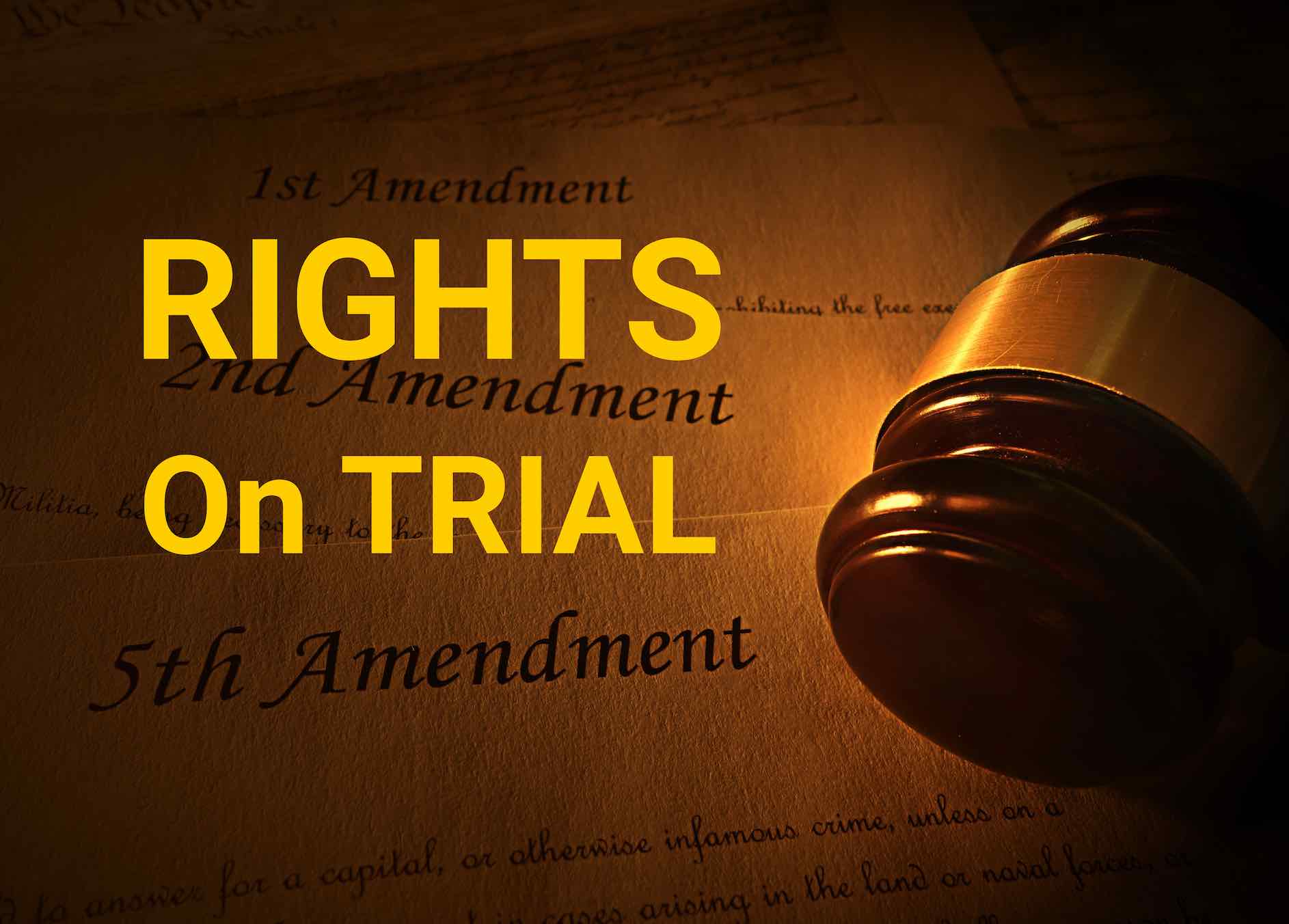| WASHINGTON D.C. – The Equal Employment Opportunity Commission (EEOC) has filed lawsuits against private companies who failed to grant employee religious exemptions from the COVID-19 shot. Last week, the agency sued two companies under Title VII of the 1964 Civil Rights Act claiming that they violated federal law by refusing to accommodate the sincerely held religious beliefs of employees and not letting them opt out of their shot mandates.
The lawsuits involve Arkansas-based Hank’s Furniture, a retail home furniture store with locations across four states, and Cleveland-based health care provider United Health Services, Inc., (United). Each company denied one of their employees a religious exemption and later fired them for not complying with the company’s shot mandate. Title VII requires employers to make “reasonable” accommodations for religious employees unless the accommodation presents an “undue hardship” on the employer. The EEOC alleges, in these cases, that the companies could have exempted their employees without suffering any “undue hardship.” The EEOC is a federal agency established under the 1964 Civil Rights Act to investigate workplace discrimination complaints and enforce civil rights laws meant to prevent discriminatory practices, including religious discrimination. The timing of the agency’s lawsuits follow the U.S. Supreme Court’s recent 9-0 decision in Groff v. Dejoy made last June. The High Court overturned a previous precedent that allowed businesses to easily claim “undue hardship” on the business and deny religious accommodations, but employers must now demonstrate the burden of “substantial increased costs” that granting an accommodation would have on their business. In EEOC’s United lawsuit, a telework employee who worked entirely from home and had no job duties requiring on-site or face-to-face interaction was still denied a religious exemption even though an accommodation would not have placed a burden on the company. In the suit against Hank’s Furniture, EEOC claims they denied an assistant store manager’s verbal and written requests for accommodation when the company could have honored it without “undue hardship.” For both employees, the EEOC is seeking compensatory and punitive damages, lost wages, and permanent injunctive relief to prevent these violations from occurring in the future. According to the EEOC’s website, the agency received 13,814 complaints in fiscal year 2022 from workers alleging illegal religious discrimination, which is up sharply from 2,111 complaints in the previous year. Liberty Counsel Founder and Chairman Mat Staver said, “Federal law requires employers to accommodate sincerely held religious beliefs unless the employer can show that doing so will result in an undue hardship. The timing of these lawsuits following the U.S. Supreme Court’s unanimous Groff v. Dejoy decision means that there is now a higher bar for employers to meet when denying a religious accommodation. People should not have to choose between their faith and their job.” |












Leave a Comment
You must be logged in to post a comment.